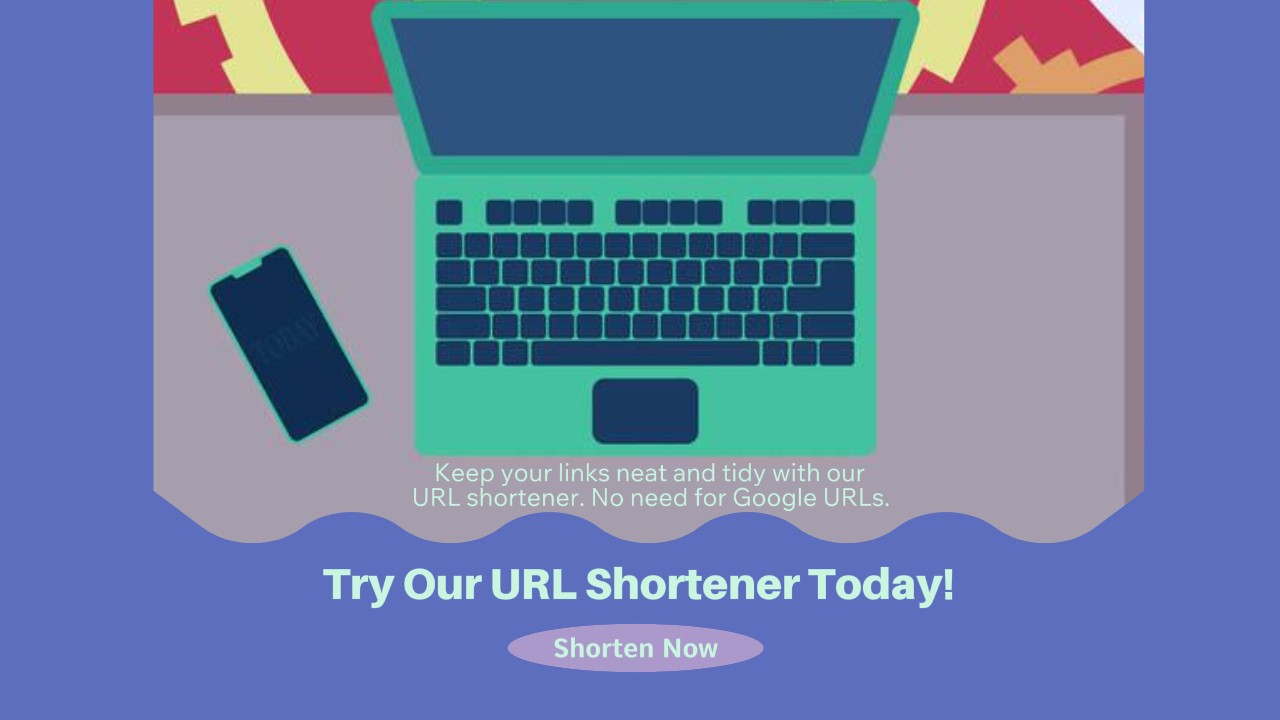How URL Shorteners Make Money Online
In this article, we'll explore about How URL Shorteners Make Money Online. In the digital age, where online presence and effective marketing are paramount, URL shorteners have emerged as a crucial tool for both individuals and businesses. A URL shortener takes a long web address and converts it into a shorter, more manageable link. While this seems like a simple utility, URL shorteners have evolved into a profitable business model. Here’s a comprehensive guide on how URL shorteners make money online.
1. Advertising Revenue
The primary way URL shorteners generate income is through advertising. When a user clicks on a shortened link, they are often redirected to an intermediary page containing ads before reaching the final destination. This intermediate step is known as a "bridge page" or "interstitial." Advertisers pay URL shortener services to display their ads on these pages, and the revenue is typically generated on a pay-per-click (PPC) or pay-per-impression (PPI) basis.
For example, when a user clicks on a shortened URL, they might see an ad for a few seconds before being redirected to the intended website. Each time this ad is viewed (impression) or clicked, the URL shortener earns money. This model is effective because it capitalizes on the high volume of traffic that passes through shortened links, turning every click into a potential revenue source.
2. Premium Accounts
Many URL shortening services offer premium accounts with additional features such as custom branding, detailed analytics, and higher API limits. These features are particularly attractive to businesses and marketing professionals who need more control and insight into their link performance. By charging a monthly or yearly subscription fee for these premium accounts, URL shorteners can secure a steady stream of revenue.
Premium accounts often include:
- Custom Domains: Allowing users to create shortened URLs with their own domain names, enhancing brand recognition and trust.
- Advanced Analytics: Providing detailed reports on click-through rates, geographic distribution of clicks, and device types used, helping businesses understand their audience better.
- Higher API Limits: Offering more generous usage limits for automated link shortening, which is crucial for businesses that need to manage large volumes of URLs.
3. Affiliate Marketing
URL shorteners can also incorporate affiliate marketing into their business model. By partnering with e-commerce platforms and online services, they can embed affiliate links into the shortened URLs. When users click on these links and make a purchase or complete a specific action, the URL shortener earns a commission. This method leverages the vast amount of traffic passing through shortened links to generate passive income.
For instance, if a URL shortener partners with an online retailer, every click on a shortened link leading to the retailer's site can be tracked. If the user makes a purchase, the URL shortener receives a percentage of the sale. This creates a win-win situation: the retailer gains more traffic and sales, while the URL shortener benefits financially.
4. Data Monetization
Data is one of the most valuable assets in the digital world. URL shorteners collect a significant amount of data, including click-through rates, geographic locations, device types, and referral sources. This anonymized data can be sold to marketers and researchers who are interested in consumer behavior and trends. By leveraging big data analytics, URL shorteners can provide valuable insights to their clients and monetize this information.
For example, marketers might be interested in understanding which types of content drive the most clicks or which geographic regions have the highest engagement rates. URL shorteners can compile and analyze this data, then sell reports or access to their data sets to interested parties, turning raw data into a profitable product.
5. Link Retargeting
Link retargeting is a powerful marketing strategy that involves placing a retargeting pixel on the bridge page. This pixel collects data about the users who click on the shortened links, allowing marketers to target these users with relevant ads later. URL shorteners can charge businesses for the ability to retarget their audience, creating another revenue stream. This method is particularly effective for driving conversions and increasing brand awareness.
For example, a user who clicks on a shortened link for a product review might later see ads for that product or related items as they browse the internet. This retargeting can significantly boost conversion rates, making it a valuable service for advertisers and an additional revenue source for URL shorteners.
6. API Access
Developers and businesses often require programmatic access to URL shortening services for integration into their own applications and platforms. By offering API access, URL shorteners can cater to these needs. Charging for API usage, either on a per-call basis or through a subscription model, provides a reliable source of income. This is especially relevant for large enterprises that need to shorten and track thousands of URLs regularly.
API access can include:
- Bulk URL Shortening: Allowing users to shorten multiple URLs at once.
- Custom URL Generation: Enabling the creation of branded or custom URLs through automated processes.
- Analytics Integration: Providing access to click data and analytics for integration into third-party reporting tools.
7. Branded Short Domains
Branded short domains allow businesses to create customized, branded links that enhance their marketing efforts and maintain brand consistency. URL shorteners can offer branded short domains as a premium service. Companies are willing to pay for the ability to have their own domain name in shortened links, which not only looks professional but also increases trust among users. This service can be bundled with other premium features to create comprehensive business packages.
For instance, instead of a generic shortened link like bit.ly/abc123, a company could have brand.co/offer, which reinforces their brand identity and makes the link more recognizable and trustworthy.
8. Sponsored Links
Some URL shorteners partner with advertisers to create sponsored links. These are regular shortened URLs, but the destination page includes a small, non-intrusive advertisement. For each click, the URL shortener earns a fee from the advertiser. Sponsored links blend seamlessly with normal links, providing an unobtrusive way to generate additional revenue.
This model allows advertisers to reach a broad audience without disrupting the user experience significantly. Users still reach their intended destination, but the URL shortener benefits financially from the partnership.
9. Content Unlocking
Content unlocking involves requiring users to complete a certain action, such as filling out a survey or watching a video ad, before they can access the content behind a shortened link. This method is often used by content creators and influencers who want to monetize their links without charging their audience directly. URL shorteners can facilitate this process and take a percentage of the revenue generated from the completed actions.
For example, a user might be required to watch a 30-second ad before they can access a free eBook or video. The advertiser pays for the ad placement, and the URL shortener shares a portion of this revenue with the content creator.
Conclusion
URL shorteners have transformed from a simple utility into a multifaceted revenue-generating tool. By leveraging advertising, premium features, affiliate marketing, data monetization, link retargeting, API access, branded short domains, sponsored links, and content unlocking, URL shorteners can create diverse and sustainable income streams. As the digital landscape continues to evolve, the potential for URL shorteners to innovate and expand their revenue models remains vast.
URL shorteners are not just about making links shorter; they are about enhancing user experience, providing valuable data insights, and creating new opportunities for monetization. For businesses and entrepreneurs looking to enter the digital market, understanding the various ways URL shorteners can make money online is crucial for leveraging this powerful tool to its full potential.



